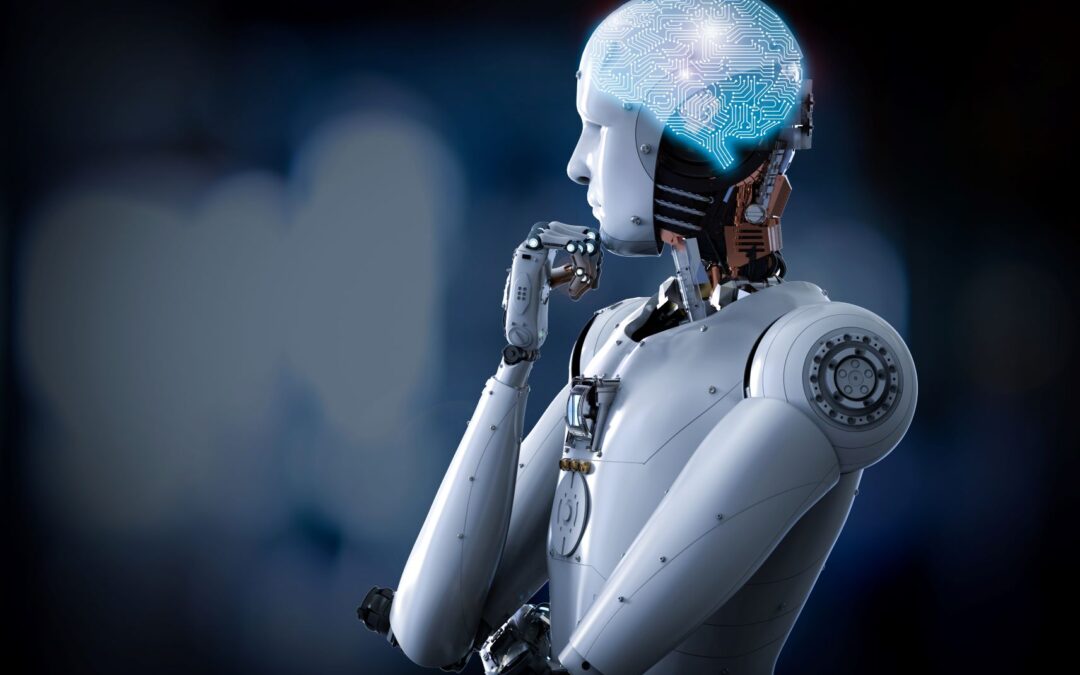Artificial Intelligence is alive and well.
Forget the hover cars and cities floating in space. Ex Machina has come to life and wants the right to obtain a patent. While we sit at home waiting for our Alexa’s to tell us what to do, courts wrestle with the newest challenge – honoring artificial intelligence with innovative, intellectual property.
To make things more difficult, not everyone agrees on the issue. U.S. District Judge Leonie Brinkema made headlines by denying A.I. the right to be granted a patent. It’s not a forever decision; the judge just stipulated that now is not the time. For a U.S. patent, the applicant must take an oath, which wouldn’t be possible as an A.I. is not considered a ‘natural person’ under current patent law.
Artificial Intelligence Owns a Patent in South Africa.
South Africa on the other hand, broke the mold and granted the world’s first patent to an invention that evolved from A.I. In short, the A.I. autonomously created a design for a geometric container while running one of its programs. For the record, the National Law Review commented that requirements for patents in South Africa aren’t as rigorous as the United States and other countries. However, this is a game-changer and foreshadows potential changes to U.S. considerations regarding intellectual property.
There are a lot of things to consider here. If A.I. is granted a patent, does the invention fall under the public or private domain? How should the law be changed to include a robot that cannot truly give an oath or promise? What constitutes ‘natural persons’? And to challenge things further – why wouldn’t the creator of the A.I. be able to submit for the patent?
________
Intellectual Property Attorney.
Find out the latest news in Estate Planning and Intellectual Property from your trusted legal counselor, Francine D. Ward!

Francine D. Ward
Attorney-At-Law, Author, Speaker
Follow Francine:
Don’t miss Francine’s Latest Blogs:
- Sweepstakes ScamsSweepstakes Scams. The Federal Trade Commission (FTC) has settled with several operators of a sweepstakes scam. The scam bilked consumers out of millions of dollars. Included in the settlement agreement,… Read more: Sweepstakes Scams
- Incapacity PlanningIncapacity Planning. Incapacity is an unexpected wrinkle in your estate plan. I am a planner. I make plans, I like making plans, and sometimes my plans go awry. Despite any… Read more: Incapacity Planning
- Publishing contractsPublishing contracts The publishing contract is an agreement that defines the relationship between an author and her publisher. Publishing contracts typically contain elements that speak to territory, rights, ownership, financial… Read more: Publishing contracts
- What is a Habit?As we enter springtime, you may feel far away from your New Year’s resolution. That may be because of the success rate of NYE resolutions. In fact, January 17 is… Read more: What is a Habit?
- Common Contract MistakeCommon Contract Mistake #1. Not Having Written Agreements with EVERYONE You Do Business With. Common contract mistake. Without question, the most common contract mistake is not having the terms of… Read more: Common Contract Mistake











